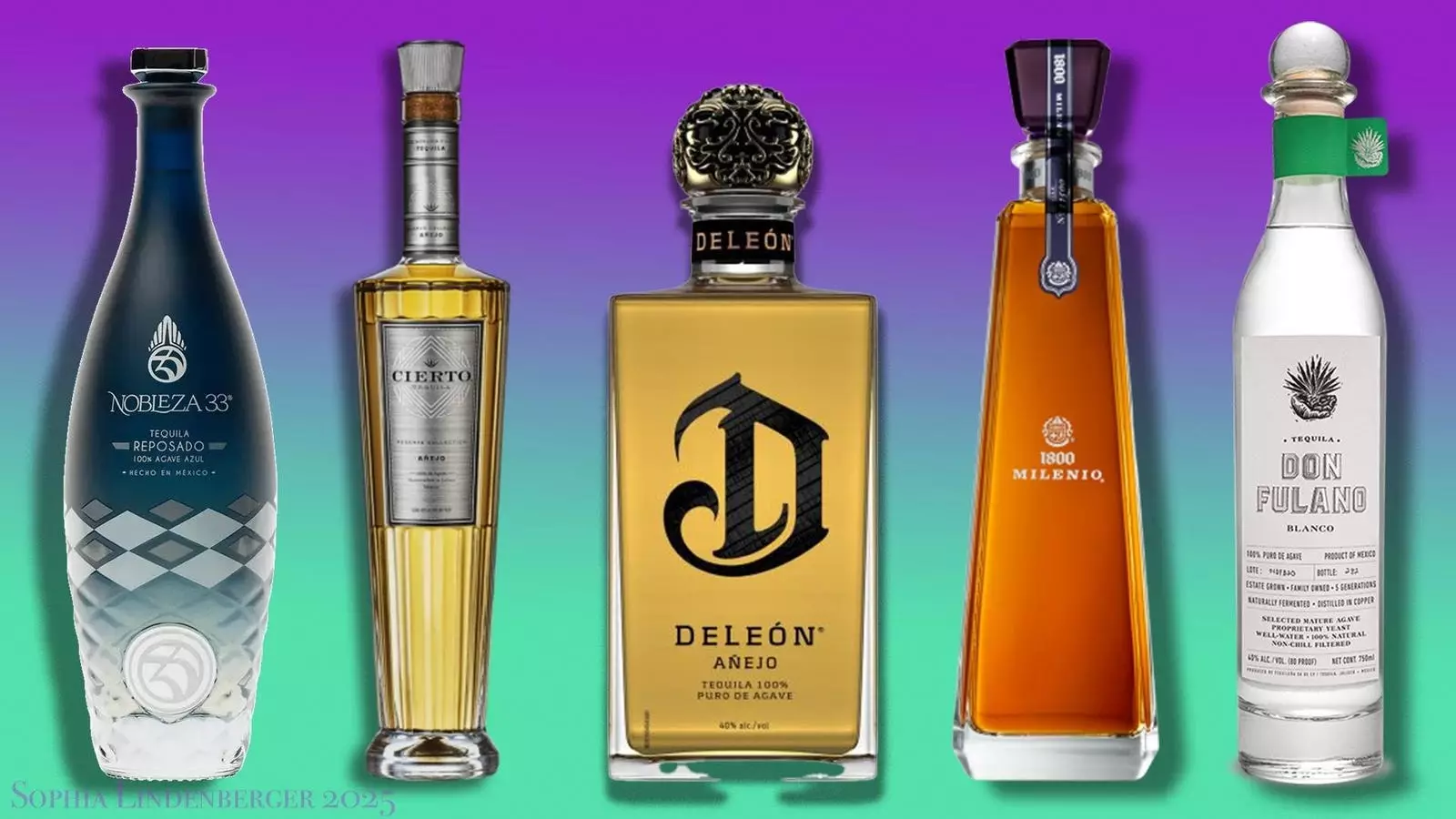Tequila, once relegated to the realm of cheap shots and party drinks, is undergoing a renaissance that marks it as a sophisticated spirit worthy of close examination and appreciation. Historically, tequila’s reputation suffered due to a lack of understanding and respect for its intricate production methods and the cultural heritage embodied in each bottle. However, in recent years, there has been a noticeable shift towards premium and artisanal offerings that highlight the depth and craft involved in its creation. This article delves into the artistry of tequila and provides insight into the leading brands emerging in a bustling market.
To appreciate tequila fully, one must understand its roots. Derived from the agave plant, tequila has been produced in Mexico for centuries, often overlooked in favor of more mainstream spirits. Unlike mass-produced varieties that often rely on additives and mass fermentation to create a quick product, premium tequilas celebrate traditional practices passed down through generations. These processes involve meticulous attention to the agave’s growth cycle, which often spans several years, and a commitment to quality over quantity, resulting in distinctive flavor profiles.
Mexico’s master distillers have dedicated their lives to honing their craft. This commitment has fostered an environment where artisanal tequila producers can thrive. It is the unique interplay between traditional Mexican techniques and innovative methods that sets certain brands apart. For instance, elements borrowed from French winemaking practices are now being integrated into tequila production, yielding complex, layered spirits that excite the palate.
Another significant factor contributing to tequila’s modern popularity is the growing health consciousness among consumers. Unlike many spirits that are laden with sugars and artificial additives, tequila is primarily made from agave, a natural and gluten-free ingredient. This has led to its perception as a cleaner alternative within the liquor market. The spirit’s relatively low-calorie profile, paired with fresh mixers like lime or cucumber, allows it to fit snugly into the contemporary cocktail scene, attracting a younger demographic eager to explore mindful drinking options.
Furthermore, as the cocktail culture flourishes globally, tequila’s versatility has made it a staple ingredient in various cocktails, revitalizing interest among mixologists and enthusiasts alike. The movement towards elevated drinking experiences has driven consumers to seek out unique tequila brands that reflect the craft spirit renaissance.
The current tequila landscape is peppered with diverse brands, each vying for attention in an increasingly competitive market. From celebrity endorsements to boutique distilleries, navigating this plethora of options requires discerning judgment. Premium international spirits competitions play a crucial role in showcasing exceptional tequilas, championing those that rise above the fray. These awards not only provide recognition but also guide consumers in selecting standout choices for their collections.
One remarkable entry in this sphere is Don Fulano Fuerte, an innovative silver tequila that has garnered industry accolades for its bright floral aromatics and balanced flavors. Crafted by the dedicated Fonesca family, its lofty 50% ABV hints at a stronger character that’s increasingly appreciated beyond the confines of simple mixed drinks.
Likewise, DeLeón Tequila exemplifies how blending traditional techniques with contemporary standards can produce extraordinary results. Notably, their Añejo Tequila has won the coveted title of Tequila of the Year, lauded for its balanced flavors and soft aging profile, demonstrating the seamless fusion of innovation and tradition.
As consumer tastes evolve, the tequila industry must continue to innovate and adapt, focusing on quality over sheer volume. Newcomers like Nobleza 33 and established brands like 1800 are embodying this ethos, showing that even large corporations can push for excellence against the backdrop of their commercial nature. Nobleza 33, in particular, stands out for its commitment to artisanal practices, from selecting mature agave to utilizing traditional production methods.
Moreover, Cierto Tequila has made an indelible mark on the industry, celebrating an impressive portfolio of awards only a short time after its inception. The collaboration between Master Distillers has culminated in complex tequilas that reflect both heritage and innovation, proving that the future of this spirit is bright.
In a world where consumer awareness and demand for authenticity are on the rise, tequila has reclaimed its place on the top shelf. No longer viewed merely as a quick shot, it is now recognized for its rich character, cultural history, and the skilled craftsmanship that goes into every bottle. As both traditional and contemporary producers continue to flourish, tequila stands poised to engage an ever-growing audience eager to explore its depths. This transformation marks a pivotal moment not just for the spirit itself, but for the appreciation of Mexican culture and craftsmanship worldwide.


Leave a Reply